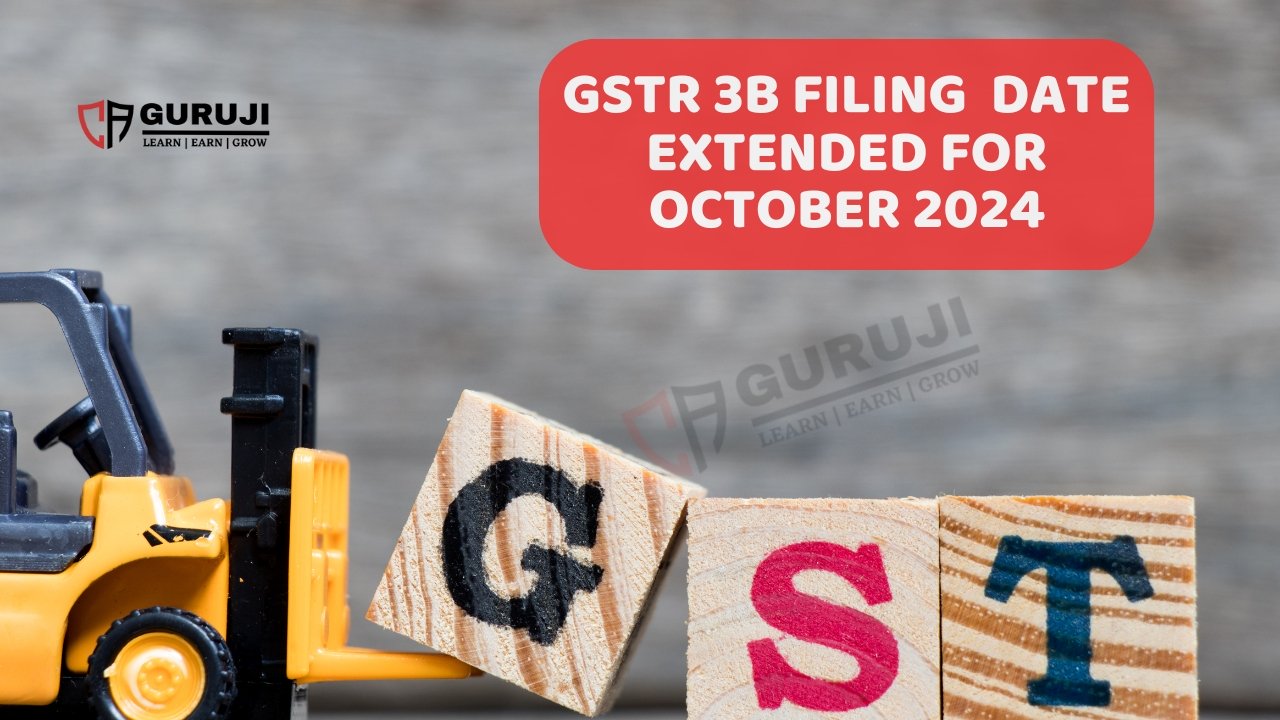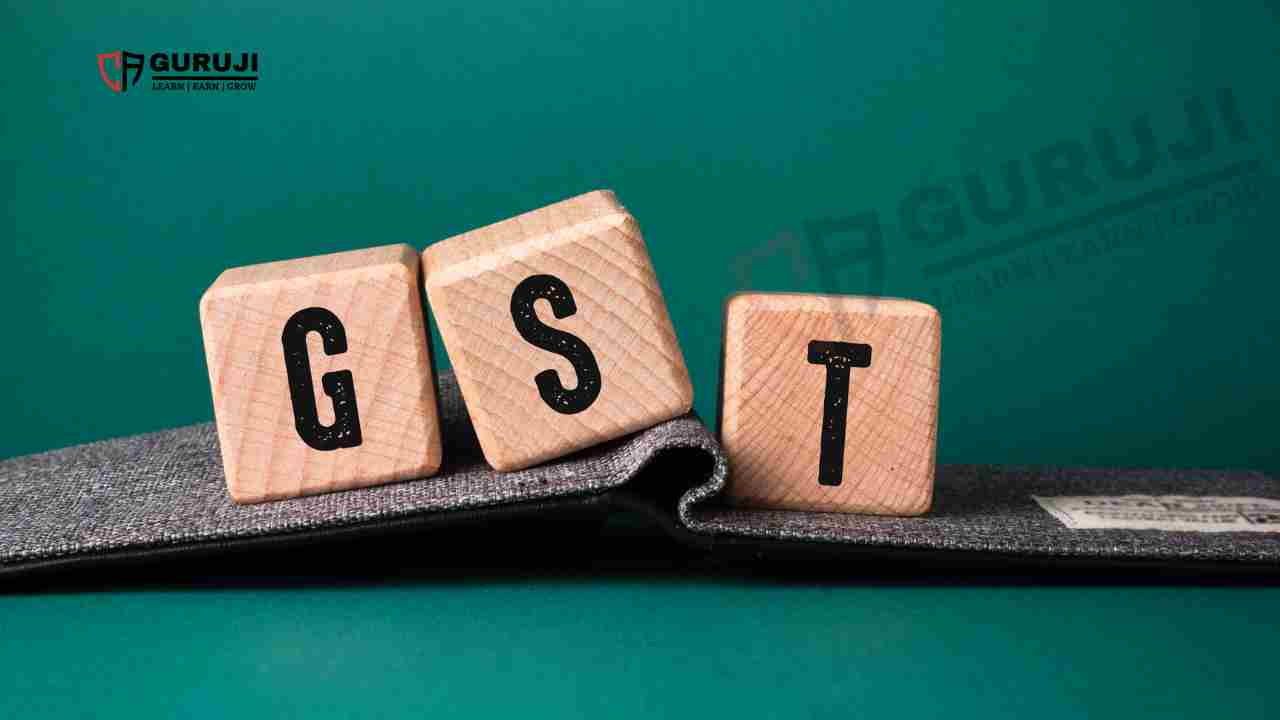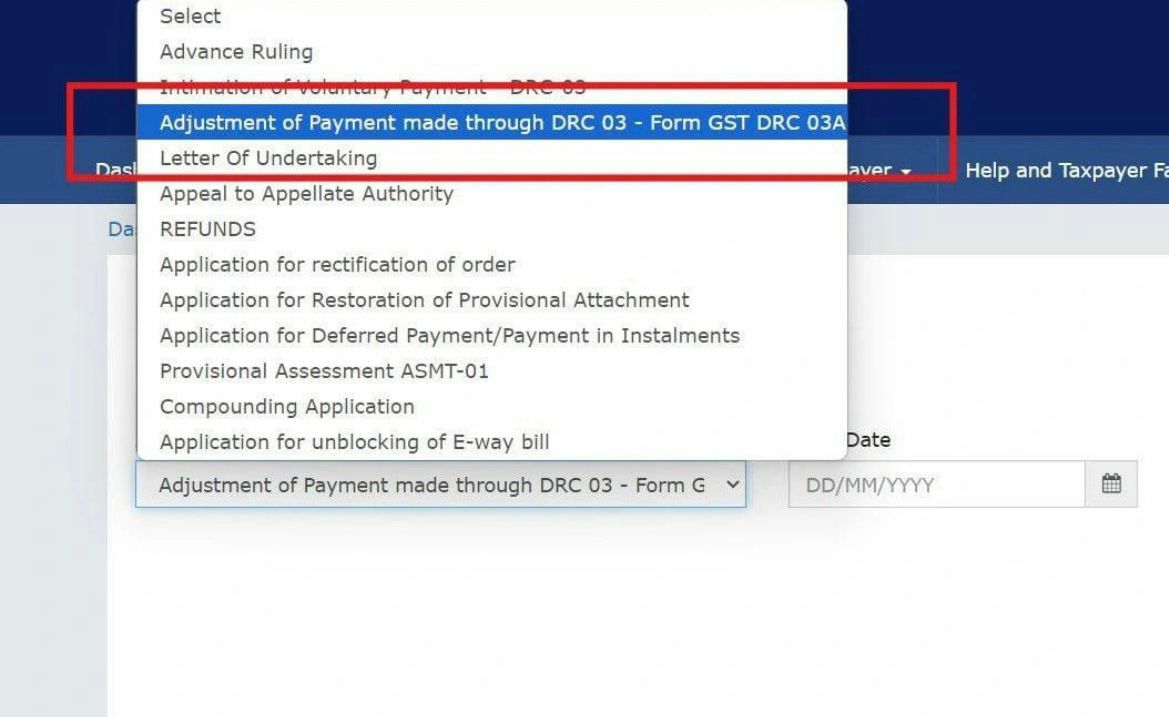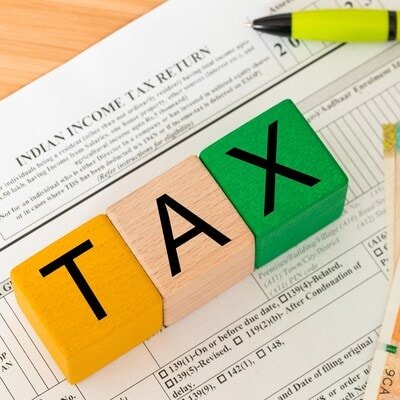Charu and her husband hoped to achieve the Indian middle-class dream but instead faced their worst property nightmare.
After years of hard work, they bought a piece of land in Dehradun, Uttarakhand. Having paid and completed the registry, they awaited their mutation from the state revenue department, essential for any land record search in rural areas.
Without mutation, ownership is legally questionable. Months of waiting led them to file an RTI, which shockingly revealed that their land was under dispute, with ongoing cases in the Uttarakhand High Court. To worsen the situation, the land seller could not be located.
Buying a home in one – or building your own – is frightening because of the possibility of scams or getting involved in legal battles in the clogged up court system. In many instances, corruption, disputes over land ownership, and fraudulent activities such as selling land with counterfeit documents can complicate the process. In such cases, victims are reduced to running from pillar to post seeking justice.
Hence, after zeroing in on the property you want to invest in, there are many things that must be taken into consideration before you make the payment.
Real estate platform 99acres lists out a checklist for buyers before they make a land purchase:
Establish the identity of the seller
Before buying a land parcel, a buyer must check and verify the identity of the seller.
Nationality and residence certificate of the seller and whether the consent of the authorities is required to sell the land.
If the property is held jointly, the identity of all the sellers must be established clearly.
If the seller is a company, verify its ability to own and sell a property.
Documentation
“Land laws are a state subject, meaning each state has its own set of regulations. However, when purchasing property, it’s crucial to perform thorough due diligence,” says experts
— Hire a local lawyer to obtain certified copies of the title deeds, which should include the sale agreement, khatedari numbers/registration, a letter from the local Panchayat confirming ownership, and, if dealing with agricultural land, the girdhari documents and receipts from the local government mandi showing sales of agricultural goods from the land in the seller’s name.
— Additionally, the lawyer should verify in the local District Court whether any disputes concerning the property are ongoing.
What documents are required for buying property?
Once you have chosen your plot, it’s vital to scrutinise the following documents to prevent future disputes:
A. Historical land records (e.g., agreements to sell, General Power of Attorneys, allotment letters by government, Khatedari and Girdhari records, reports/entries from Tehsildar marking boundaries)
B. Following these records, the buyer should enter into an agreement to sell with the sellers (it’s advisable to include the seller’s legal heirs as witnesses to preclude issues upon the seller’s death). The agreement should then be registered at local sub-registrar offices and apply for mutation in all khatedari and Girdhari records.
What key documents should a buyer review post-registration of land?
“Formalising the agreement between buyer and seller through a legally binding sale deed marks the start of the property transfer process. Subsequent mutation in revenue records and related proceedings ensure the update of these records and legitimise the property transfer. Once the sale deed has been executed and mutation proceedings have been initiated, the concerned Mandal Revenue Officer/Tahsildar will issue an Electronic Patta Passbook. A possession certificate, which confirms that the transfer is complete and possession has been transferred, should also be retained,” explains experts
“The mutation certificate verifies that the buyer is now listed in the land records as the new owner. An Encumbrance Certificate ensures the property is free from legal or financial liabilities, such as mortgages, liens, or pending litigation, up to the registration date. If the buyer is taking immediate possession of the land, a possession certificate from the seller or relevant authority is essential. This document confirms that the buyer has physical possession of the property. Additionally, No Objection Certificates (NOCs) might be required from various bodies such as the local development authority, municipal corporation, or housing society to ensure there are no objections to the transaction,” adds Gauri Subramanium, advocate at the Supreme Court of India.
How can one confirm successful land transfer?
The most straightforward method is to check with local authorities. Visiting the local revenue or land records office can verify the transfer status.
“Physically inspecting the land and discussing with neighbouring landowners can also serve as verification. Examining legal documents like the sale deed, gift deed, or other relevant documents will confirm the ownership change. In some regions, there are online portals for land records that facilitate the verification of land ownership and transfers, especially with the recent push towards digitisation,” suggests Gauri Subramanium.
Visit www.cagurujiclasses.com for practical courses











